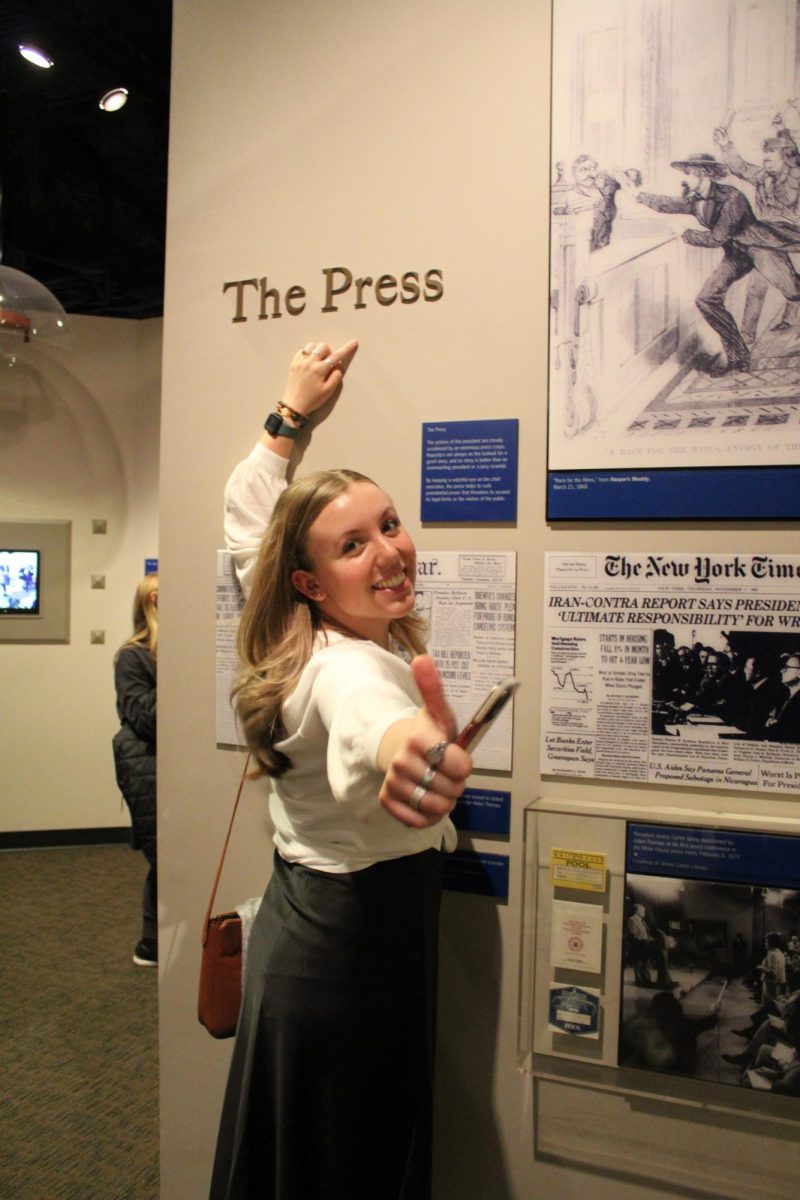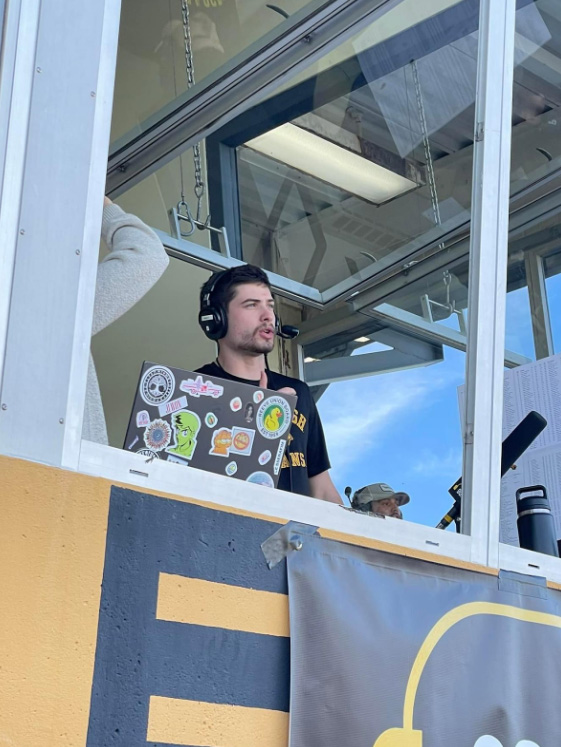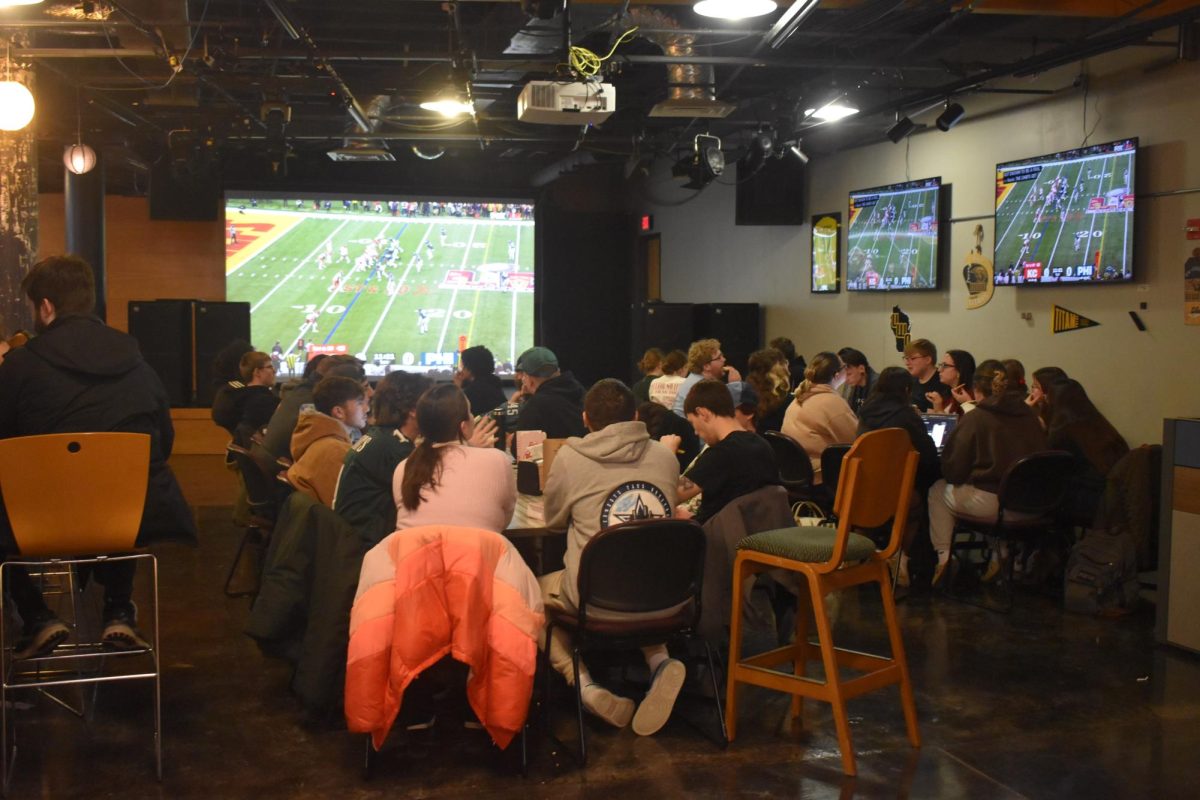At the Oshkosh Student Association meeting on Nov. 3 2015, Oshkosh City Council member and UW Oshkosh student Benjamin Stepanek recieved feedback from the OSA about endorsing a “social host ordinance” to the Oshkosh City Council. The usefulness of such an ordinance to the college community is questionable at best. Currently Wisconsin there are laws that provide penalties for those who furnish alcohol to minors. Social host ordinances provide additional penalties (amount varies by municipality, but a popular figure is between $1,000 and $5,000) for adults who provide a place for minors to drink, even if the adults are unaware of what is taking place. There are at least 20 municipalities in the state of Wisconsin that have enacted these ordinances “This ordinance has been effective in combating underage drinking on campuses and has been a deterrent for high school parents who host underage drinking parties,” Stepanek said. OSA senator Andrew Sprung said he was sufficiently intrigued enough by this law to ask for input from the student body. Sprung said he worries that this law may be used to unfairly target the student population. “I have a concern with this ordinance because like many others that are already in place… I feel [they] are abused in the name of safety.” He also brings up issues regarding party size and living situations. “If I am at home for the weekend and my roommates throw a party that gets ticketed under this ordinance, I would be held accountable for the fine because I am on the lease,” Stepanek said. To his credit, Stepanek assures that he would not support a measure that does not account for such circumstances. Professor Mike Ford of the public administration department said “the city is well within its rights” to pass such measures but feels it could take a more constructive approach. “You aren’t going to stop people from having parties so near to a college campus,” Ford said. He said good relations between the University and the community are essential and the student body is a big part of that. He questions whether, “it is worth making the student body angry,” suggesting that a dialogue between the University and law enforcement would be a more effective approach. The original purpose of these laws was to discourage parents of high school aged students from hosting drinking parties at their residence or other property. Police in communities where these ordinances are in place consistently support their efficacy. However, their utilization in and around college campuses is a bit more tenuous, as instances of underage drinking occurring at college parties is bound to be much more prevalent than parent-sanctioned gatherings. It is one thing to hold a parent responsible for allowing a group of high school students to drink on their property. It is another to hold 21-year-olds responsible for the behavior of someone who may only be a few months younger than they are. Officers from both the Oshkosh Police Department and the University Police said they haven’t even heard of the proposed ordinance. “I know nothing about this ordinance. You may want to speak with the city attorney,” OPD Information Officer Joseph Nichols said. A general lack of knowledge about these types of ordinances (despite their apparent popularity in other municipalities may suggest a lack of need for such a remedy in the first place. If officers felt they needed these types of ordinances as a tool to do their jobs effectively, one would expect them to at least be aware of their existence, if not asking for them outright. The question exists as to whether current laws surrounding underage drinking are sufficient, especially given that the vast majority of underage drinking citations around the campus are given to adults versus minors. The question of personal responsibility certainly comes into play. Then there is the issue of utilization and efficacy of these ordinances in the first place. For example, Stevens Point only issued one citation within the first month of the law being on the books. Dakota County in Minnesota, which includes portions of the Twin Cities, only issued six citations between May of 2012 and March of 2014. It appears as though municipalities have been hesitant to use these ordinances to prosecute college parities in the first place. Additionally, according to the Silver Gate Group (a California based research group), there are no published studies on the efficacy of social host laws as they relate to hosting underage drinking parties. This isn’t to say that underage drinking is not a problem, but it is a problem that exists at college campuses across the country. A lack of perceived need on the part of law enforcement and an established history of effectiveness and utility, a social host ordinance seems a step too far as it pertains to the UWO student community.
Categories:
Social host ordinance may be unnecessary
November 11, 2015
0








